There has been a lot of discussion and even angst within the financial services community regarding the relationship between ourselves and our clients. In some instances, this discussion has reached the consumer press outlets, including major newspapers and magazines.
At its simplest, there are two kinds of relationships, fiduciary and suitability. Fiduciary means you must act in the best interest of your client, while suitability means you must recommend products or services that are suitable for your clients. The articles I have read are not always fully accurate and have led to confusion both among financial advisors and the public.
It’s important for all of us to be aware of the difference between fiduciary and suitable relationships because the U.S. Department of Labor (DOL) has begun to implement a rule regulating this relationship for all transactions involving your retirement accounts. The rule is often called the DOL rule in the press, and the full text of it can be found on the Department of Labor website here. Note that the rule applies to only retirement accounts and does not impact taxable accounts of any kind, including regular brokerage accounts or trust accounts. It also has not fully been implemented and will not be until January 2018.
While the actual rule is unreadable for all but attorneys, it basically states that all transactions or recommendations having to do with retirement accounts such as your 401(k) account are now subject to fiduciary standards. No matter who your financial advisor is, they are obligated to act as a fiduciary when advising you on your retirement accounts, whether those accounts are controlled by you or the advisor. The most visible change (but not the only one) will be in the decision-making process of keeping an employer retirement plan such as your 401(k) or 403(b) with your employer after you leave or rolling it to an outside IRA account. The rule will require we address specific issues such as investment options and costs before recommending a course of action to you. For those advisors who are already acting in a fiduciary capacity with their clients, the rule changes are not overbearing, but for those who are not, they will need to implement significant changes in the way they serve clients with retirement accounts.
The good news is the increased transparency and information about recommendations clients will receive from their financial advisors. The bad is the additional documentation required by the DOL rule and the increased oversight from government regulatory bodies. Over time, this will add to the cost of providing services and lengthen the period to roll over employer retirement accounts to an outside IRA. Although not part of the current rule, it is not out of the question that the SEC and state regulators will extend the fiduciary requirements in the DOL rule to all accounts, not just retirement accounts.
So how do you know if a financial advisor or advisory firm is a fiduciary? The easiest way to find out is to ask them directly. My guess is that any firm or advisor that is a fiduciary will have no problem responding to your question. If the advisor or firm is not a fiduciary, they will not be able to help you with your retirement account questions but may be able to help you otherwise. Please note that just because someone is not a fiduciary does not make them a bad advisor or advisory firm. As with most things, it comes down to individual choices on the part of the advisor on how they operate, if they are fully transparent with you on all conflicts of interest, and whether you are comfortable with that choice.
At Aspire Planning Associates, Inc., we are a registered investment advisory (RIA) firm subject to regulation by the California Department of Business Oversight. Each of our advisors is a CERTIFIED FINANCIAL PLANNER™ (CFP®) professional and has signed an oath to abide by the CFP Board Standards of Professional Conduct. We have always been and will remain fiduciaries for our clients independent of any government rule or regulation because we believe it’s in the best interests of our clients.



